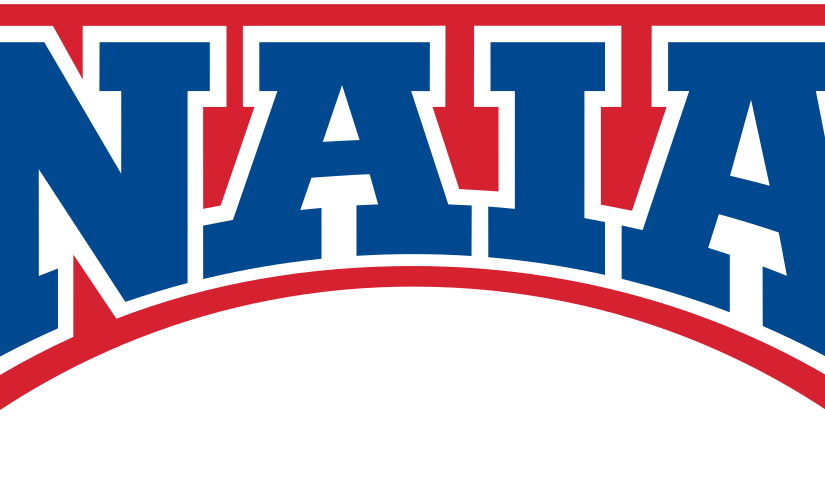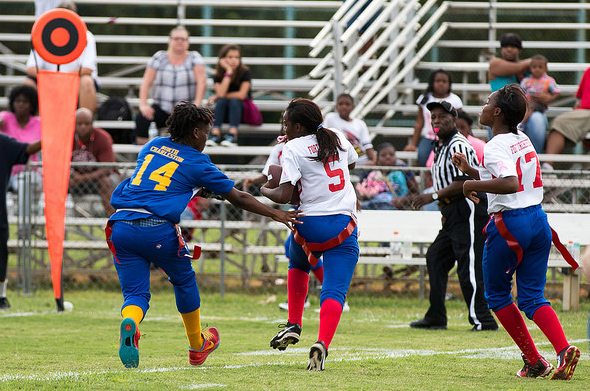Michigan’s Rodriguez To Avoid 1 NCAA Charge
The NCAA’s Committee on Infractions is expected to release its report on Michigan football Thursday with the conclusion that coach Rich Rodriguez was not guilty of failure to promote an atmosphere of compliance, sources told the Free Press.
U-M and Rodriguez had contested the charge after acknowledging four other major violations and self-imposing penalties. The Associated Press and ESPN also reported that Rodriguez avoided the charge.
The Free Press could not determine whether the NCAA added to U-M’s self-imposed penalties from last spring.
The dropping of the “failure to promote an atmosphere of compliance” is a victory for Rodriguez. This past spring, U-M acknowledged committing four major violations and athletic director Dave Brandon said he would not dismiss Rodriguez for them. A fifth violation could have potentially (but not necessarily) altered that dynamic.
According to Rodriguez’s contract, Michigan can fire him “for cause” if he is determined “by the NCAA, the Big Ten Conference or the university to have committed a major violation of NCAA rules.”
The substance of the allegations has not been in dispute since the spring. U-M admitted to these four violations: exceeding the limits on the number of countable coaches (because quality-control staffers were improperly involved in coaching activities); coaches attending voluntary off-season workouts and exceeding practice- and training-time limits (which the NCAA placed under one umbrella violation); graduate assistant Alex Herron lying to NCAA investigators; and the athletic department failing to adequately monitor the football program to assure compliance with NCAA rules.
U-M not expected to appeal after apparent dropped charge
When schools self-impose penalties to the NCAA, they follow a rule of thumb, experts say: Impose enough so the NCAA can tell you’re serious, but don’t overdo it. It appears that Michigan struck the right chord with the infractions committee.
That means that the end result of Michigan’s violations will consist primarily of the following penalties:
At least two years probation; a reduction in practice time by 130 hours over the next two years, or two hours for every one hour of violations; a reduction in the intern/quality control staff from five to three, and banned them from attending practices, games or coaching meetings for 2010 (despite an NCAA rule allowing them to do so).
The Free Press has not obtained a copy of the report, which is expected to be released today. It is possible that there are additional penalties, but that is not a given.
Michigan could choose to appeal all or part of the committee’s decision, but since the NCAA has apparently dropped its allegation that Rich Rodriguez failed to promote an atmosphere of compliance, that appears unlikely.
Generally in these cases, the NCAA releases its report to the media and then holds a teleconference for the chair of the infractions committee, Paul Dee. In most cases, the school follows up with a public response of its own.
Michigan addressed all of the charges at a 7 1/2-hour August hearing before the NCAA infractions committee in Seattle.
At the time, athletic director Dave Brandon said he was satisfied with U-M’s explanation of its position.
“When you’ve never done something before, you don’t know what it’s going to be like,” Brandon said after the hearing. “We were very well-prepared, our representatives, our internal counsel, our legal counsel we brought in, the specialists we brought in did a great job of preparing us for what took place in there. We went in there with a lot of confidence and went in with a clear understanding of what our objectives were, and we got a very fair and open hearing.”
Brandon has said several times that he did not believe the violations rose to the level of fireable offense. According to the terms of Rodriguez’s contract, U-M has the option to fire him “for cause” if “Rodriguez is determined by the NCAA, the Big Ten Conference, or the university to have committed a major violation of the NCAA rules, or to have intentionally committed any other type of violation of the NCAA rules.”
That is significant because U-M would not have to pay Rodriguez’s $4 million buyout if it fired him “for cause.” The school would likely have to pay Rodriguez most or all of that buyout if it chooses to make a change after this season.
Rodriguez is 13-19 in his U-M career, but his current team is 5-3. Rodriguez’s future has been widely speculated upon, but Brandon has not given any public indication that he will make a change after this season.







